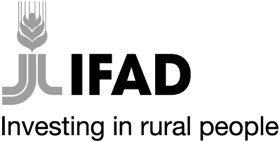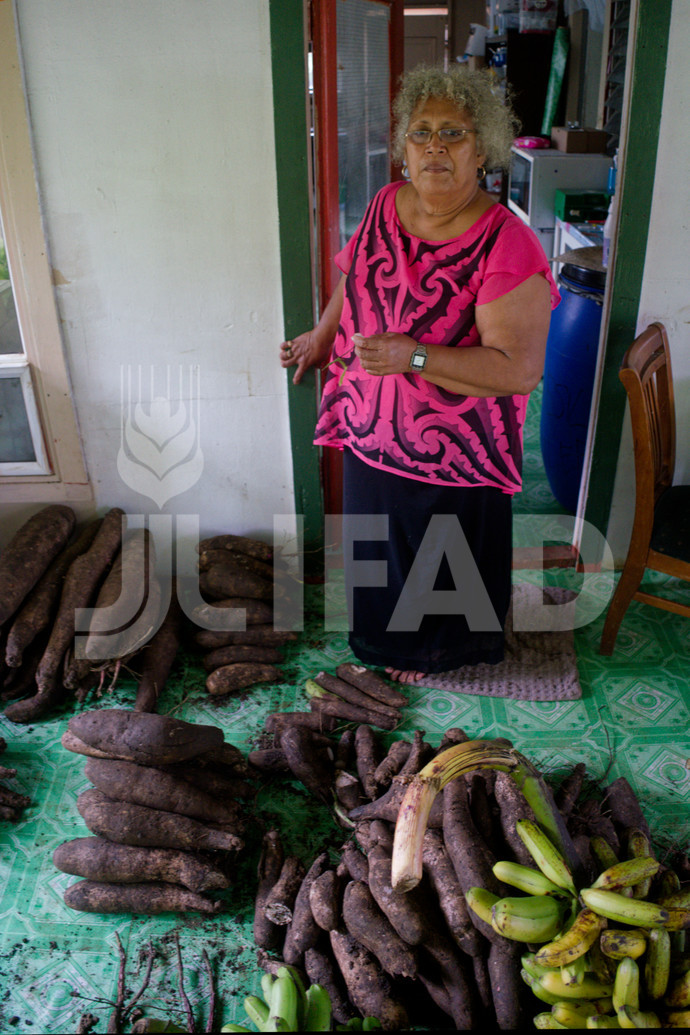| ID: | 86738 |
|---|---|
| Country: | Tonga |
| Title: | Tonga - Pacific Islands Rural and Agriculture Stimulus Facility (PIRAS) - June 2023 |
| Description: |
Melesila Weilert is the chairperson of the Foituluta (Waterdrop) Social Economic and Environmental Development group, or SEED, located in Ha’atafu on the western side of Tongatapu, Tonga’s main island. The women’s group celebrated its 10th anniversary in December 2023. Although a few men in the village assist, it is primarily the women themselves who do most of their work, ranging from cultivation of crops to artisanal handicrafts to caring for their livestock. The women’s work in agriculture focuses primarily on food security, but also contributes substantially to their finances. They sell their crops locally and even ship it overseas. “The most important thing to us is making sure that we are food secure when we are in need. But as we experienced in the aftermath of the tsunami, all of our preparation didn't really come together to help the village because of the extreme circumstances. We lost everything.” Before the tsunami, there were 52 families in the village with a population of 229. But the low-lying village was greatly impacted by the tsunami’s power and destruction. Almost everything had to be rebuilt afterwards and the village has grown smaller in size. However, the women were determined to keep on going. MORDI supported the women with their vegetable gardens and crop production, providing seeds and seedlings and helping prepare the fields for cultivation. This was particularly important in the aftermath of the tsunami, which destroyed everything. MORDI has also helped with replanting the trees and other plants the women rely on for making their handicrafts, all of which was washed away. “We benefit in quite a few ways from the project. But mostly it is making sure that we develop sustainable income-generating opportunities for our community, and that we will have a way of solving the problems we encounter, finding solutions.” Mordi assists the women with a variety of projects, especially those that can help to bring in extra assets to the village, to help elevate the standard of living and support children’s education. For example, vanilla, ginger and turmeric, as well as breadfruit cultivation. The women see these as long-term investments and have plans to further develop them as a community business for the export market. As one of the most sustainable income-generating activities, the women came together in their koka’anga – groups of women who join efforts to make the traditional decorative ngouto, or traditional cloth made from the bark of the hiapo (paper-mulberry tree) – to maintain a cash flow even as the fields and gardens were being cleaned and replanted after the tsunami. They were able to trade the handicrafts for cash from the Tongan diaspora, earning about TOP 89,000 (US$ 37,000). |
| Size: | 2.15 MB; 945 x 1417 pixels; 80 x 120 mm (print at 300 DPI); 250 x 375 mm (screen at 96 DPI); |
| Show more details: | Todd Marvel Henry |
| Copyright: | © IFAD/ Todd Marvel Henry |
| Categories: | New from Asia and the Pacific |

